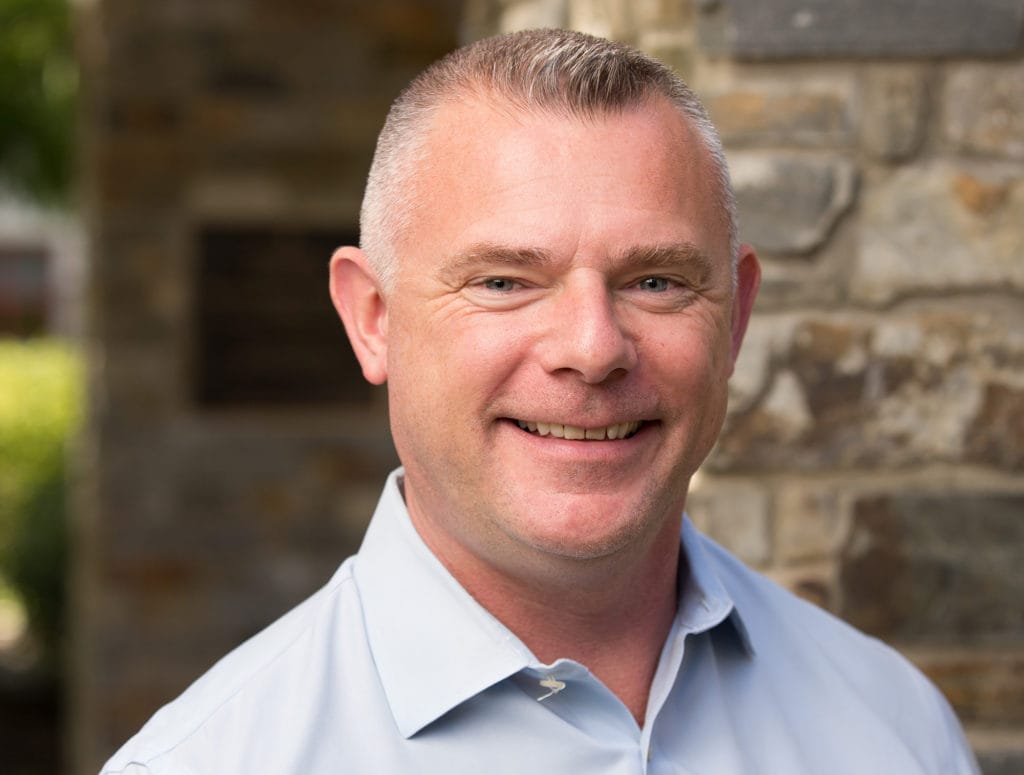Meet the Faculty: Andrew Conway

It’s time to meet CGU’s faculty. This is Andrew Conway, who teaches at the School of Social Science, Policy & Evaluation’s Division of Behavioral & Organizational Sciences. He received his PhD from the University of South Carolina.
WHY DID YOU CHOOSE TO COME TO CGU?
For a number of reasons, but primarily because of CGU’s emphasis on interdisciplinary applied research and its reputation for rigor in research methods and statistics. Also because I will have the opportunity to teach graduate-level statistics courses, which I really enjoy.
WHAT ARE YOUR RESEARCH INTERESTS?
Broadly speaking, cognitive psychology. More specifically, my research investigates individual differences in cognitive abilities, such as working memory, attention, and intelligence.
WHAT IS THE BEST BOOK YOU COULD GIVE SOMEONE TO GET THEM INTERESTED IN YOUR FIELD?
For cognitive psychology, The Mind’s New Science, by Howard Gardner. It’s a bit old now, published in 1985, but it motivated me to pursue both psychology and computer science when I was an undergraduate student, which was a bit unusual at the time. For statistics, Statistics as Principled Argument by Robert Abelson. Abelson’s book serves as a philosophical guide to me when it comes to teaching statistics.
WHAT TEACHER/MENTOR MADE THE MOST IMPACT ON YOU AND WHY?
My graduate advisor and mentor Randy Engle, for so many reasons. I guess the most important being that he always believed in me and he taught me self-discipline. Also, to this day, he leads by example. He is an all-around academic, achieving excellence in research, teaching, and service.
WHAT IS YOUR MOST COMMON FORM OF PROCRASTINATION WHEN TRYING TO GET WORK DONE?
I tend to get too caught up in current events and politics. Of course it is healthy to be informed about what’s going on in the world but I can become a bit obsessed with certain issues, which distracts me from my own work.
IF YOU COULD CHOOSE ANY CAREER OUTSIDE ACADEME, WHAT WOULD IT BE?
I honestly can’t imagine any career outside of academia. I chose to go into this when I became an undergraduate research assistant at the age of 19 and I haven’t looked back.
WHAT ADVICE WOULD YOU GIVE GRAD STUDENTS THAT YOU YOURSELF DIDN’T LEARN UNTIL AFTER YOU RECEIVED YOUR PhD?
Pace yourself. The world of academia, and science in general, is a marathon not a sprint. So many things that we do; data collection, data analysis, publishing manuscripts, getting grants, etc., all take time and a great deal of perseverance.